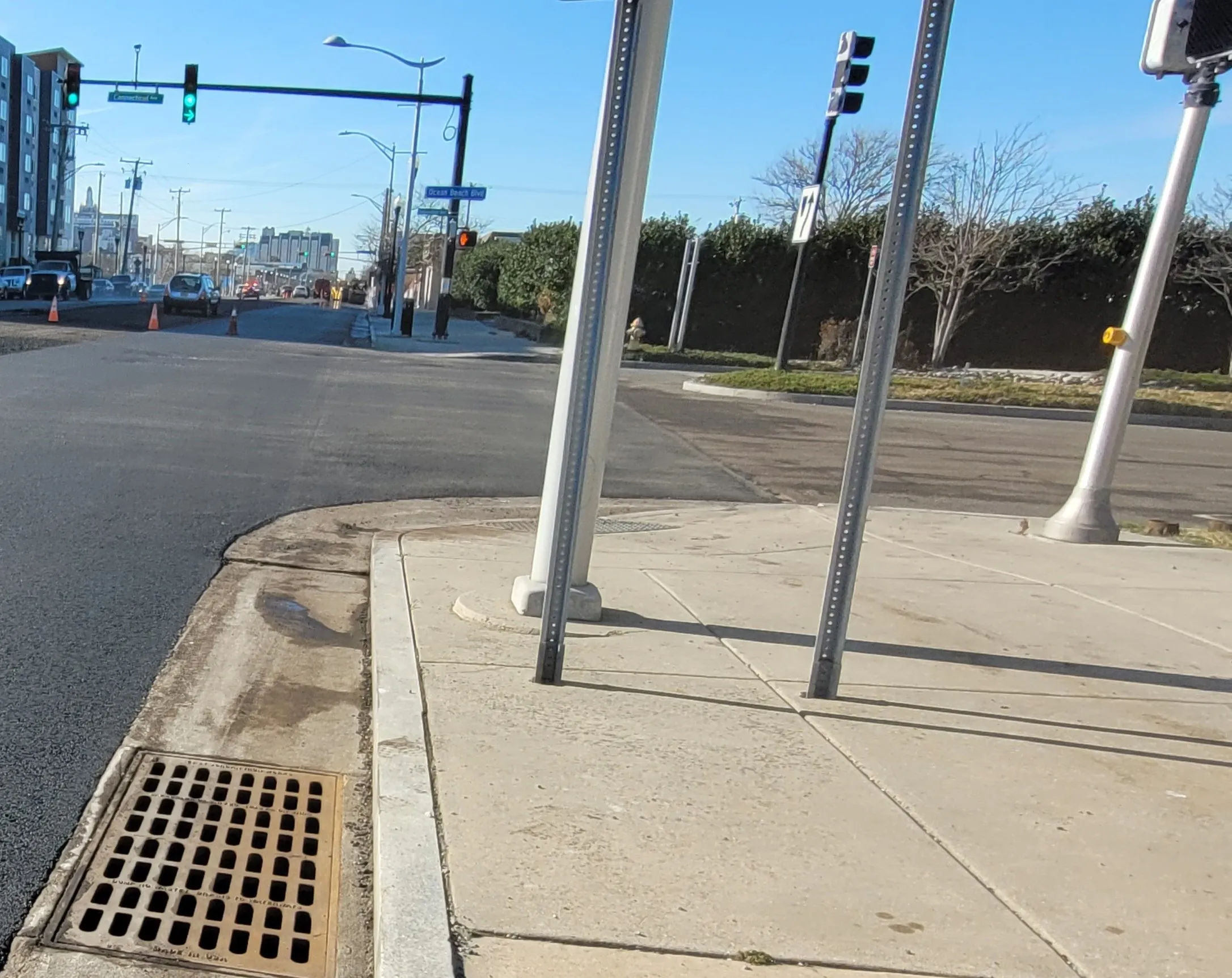The South Australian Government is to trial technology which triggers safety measures when vehicles are detected approaching intersections. It is to be installed at four key rural locations in South Australia in an effort to reduce fatal and serious crashes by slowing motorists and making them aware of an approaching intersection.
The Rural Intersection Active Warning System is able to reduce the speed limit when it detects vehicles approaching an intersection.
The technology works by detecting a vehicle on the minor road approaching the intersection. It lowers the speed limit on the major rural road by changing the electronic speed limit sign on the major road.
It was originally developed in Sweden and is currently in use in New Zealand where, together with static safety signs which warn vehicles to slow or alert motorists to intersections ahead, it is said to slow vehicles by as much as 20kmh.









